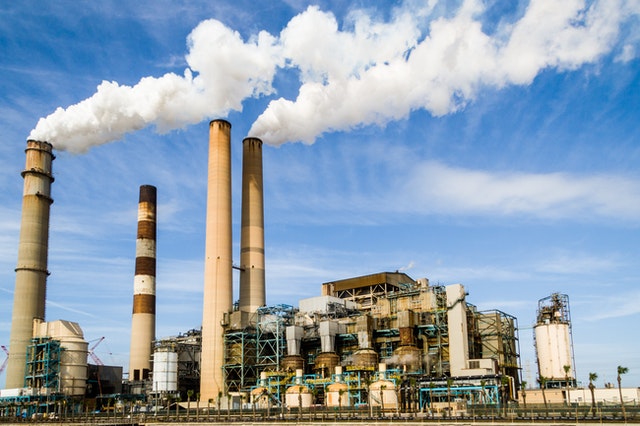Hospital Energy Mapping Study
Alliance for an Energy Efficient Economy (AEEE), in collaboration with Centre for Chronic Disease Control (CCDC), is undertaking the first-ever nationwide energy survey in India
The healthcare sector is instrumental for the protection, promotion and delivery of health. However, it’s also a key GHG emitter. The climate footprint of the Indian healthcare sector at 39 million tons of carbon dioxide equivalent is comparable to the annual GHG emissions from 10 coal-fired power plants. The COVID-19 pandemic has further increased the country’s dependence on more advanced and accessible healthcare. Besides, there is a growing focus on air filtration and purification, which will also have significant implications on hospitals’ energy consumption and GHG emissions. Moreover, warming temperatures coupled with more frequent heat waves would entail an increasing penetration of air conditioners in hospitals to ensure thermal comfort.
There is an urgent emphasis on improving the rural healthcare infrastructure in India by ensuring uninterrupted electricity in rural healthcare facilities. The Ministry of Health and Family Welfare, Government of India, is creating 1,50,000 Health and Wellness Centres in India under its Ayushman Bharat program to strengthen and expand the range of primary healthcare services. In the face of these changes, there is an imperative need for creating climate-smart hospitals which will play an important role towards providing healthcare to all in an environmentally sustainable way.
Defining strategies and affecting energy efficiency interventions for climate-smart hospitals in India is contingent on the availability of granular end-use energy data. In order to design these interventions and assess their energy savings potential, it is imperative to accurately characterize the energy use in hospitals at the national and state level across different hospital typologies.
Alliance for an Energy Efficient Economy (AEEE), in collaboration with Centre for Chronic Disease Control (CCDC), is undertaking the first-ever nationwide energy survey in India to characterize the energy use of hospitals. The survey will comprise ~75 data points per hospital. The survey will be conducted across 5 climate zones, 18 states, 1000 hospitals. Public hospitals of various levels of care (sub-centres to district hospitals) and private hospitals of different specialities (single to super speciality) will be covered in the study.
The intended outcomes of this study for various stakeholders are as follows:
Policymakers
- Develop and update energy benchmarks, codes, and standards for different hospital typologies
- Mainstream the use of renewable energy in rural hospitals to improve healthcare delivery
Hospital Owners
Benchmark against peers to manage energy consumption and strengthen ESG goals
Energy efficiency businesses
Work with hospital owners to identify and implement climate-smart solutions
The pilot phase of the study conducted in Bengaluru Urban and Rural has been completed as of January 2022, and the study is moving on to the post-pilot stage.

